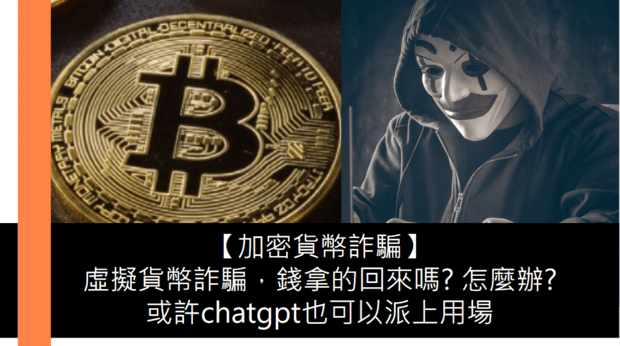Introduction:
Education stands as the cornerstone of human development, a powerful tool that transcends boundaries and empowers individuals to shape their destinies. In this article, we explore the multifaceted impact of education, its role in personal Kristen Yusuf, societal progress, and the evolving landscape of learning in the 21st century.
The Foundation of Personal Growth:
- Knowledge Acquisition:
- Education is the vehicle through which individuals acquire knowledge. It opens doors to a world of information, enabling learners to explore a diverse range of subjects and perspectives.
- Critical Thinking and Problem-Solving:
- Beyond memorization, education fosters critical thinking skills. Students learn to analyze information, evaluate ideas, and develop creative solutions to complex problems, preparing them for the challenges of the modern world.
- Personal Development:
- Education is not just about academic achievements; it also plays a pivotal role in personal development. It instills values, ethics, and a sense of responsibility, shaping individuals into well-rounded and socially conscious citizens.
Societal Progress and Equality:
- Empowering Communities:
- Education is a catalyst for community empowerment. When communities have access to quality education, there is a positive impact on health, economic development, and overall well-being.
- Gender Equality:
- Education is a powerful tool in the fight for gender equality. When both men and women have equal access to education, societies benefit from a broader talent pool, diverse perspectives, and enhanced problem-solving capabilities.
- Eradicating Poverty:
- Education is a key driver in breaking the cycle of poverty. It equips individuals with the skills needed to secure employment, fostering economic independence and contributing to the overall prosperity of nations.
The Evolving Landscape of Learning:
- Technology Integration:
- In the digital age, technology has revolutionized education. Online learning platforms, interactive content, and virtual classrooms have expanded access to education globally, overcoming geographical barriers.
- Lifelong Learning:
- The concept of education has shifted from a one-time event to a lifelong journey. Continuous learning is essential in a rapidly changing world, and education systems are adapting to support ongoing skill development and knowledge acquisition.
- Global Citizenship:
- Education fosters a sense of global citizenship. Students are exposed to diverse cultures, perspectives, and global challenges, preparing them to contribute meaningfully to an interconnected world.
Challenges and the Path Forward:
- Access Disparities:
- Despite progress, disparities in access to quality education persist, particularly in underserved communities and developing countries. Addressing these disparities is crucial for ensuring equitable opportunities for all.
- Adapting to Technological Change:
- Educational institutions must continually adapt to the evolving technological landscape. Integrating technology into curricula, providing digital literacy, and fostering innovation are key to preparing students for the future.
Conclusion:
Education is a transformative force that transcends generations, shapes societies, and empowers individuals. As we navigate the complexities of the 21st century, investing in education becomes not only a moral imperative but also a strategic decision for building a sustainable and inclusive future. Through a commitment to lifelong learning, technological innovation, and global collaboration, we can harness the full potential of education to create a world where every individual has the opportunity to thrive and contribute to the betterment of humanity.



